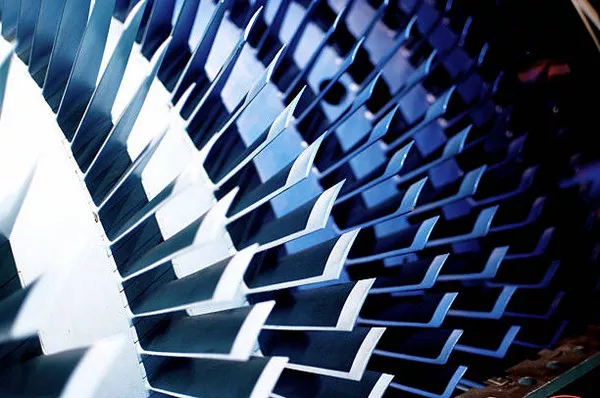Air compressors are vital tools across various industries, facilitating the conversion of power into potential energy stored in pressurized air. Among the different types of air compressors available, oil-free air compressors stand out for their clean and efficient operation. In this article, we delve into the workings of oil-free air compressors, exploring their mechanisms, advantages, and applications.
Mechanics of Oil-Free Air Compressors
Oil-free air compressors, as the name suggests, operate without the use of lubricating oil in the compression chamber. Traditional air compressors utilize oil to lubricate moving parts and seal internal components, but in oil-free designs, alternative methods are employed to achieve lubrication and sealing while maintaining a clean air output.
1. Compression Process
The compression process in oil-free air compressors begins with the intake of ambient air through an inlet filter. This air is then drawn into the compression chamber where the compression cycle occurs. Unlike oil-lubricated compressors, oil-free compressors employ specialized materials and coatings on internal components to reduce friction and wear during compression.
2. Sealing Mechanisms
In oil-free air compressors, sealing mechanisms play a crucial role in preventing air leakage and maintaining efficiency. Instead of relying on oil-based seals, oil-free compressors utilize advanced sealing materials such as PTFE (Polytetrafluoroethylene) and elastomers to create tight seals between moving parts. These seals ensure minimal leakage and help maintain the integrity of the compressed air.
3. Cooling Systems
During compression, air temperature increases due to the adiabatic heating effect. Efficient cooling systems are essential to maintain optimal operating temperatures and prevent overheating. Oil-free air compressors employ various cooling methods, including air-cooled and water-cooled systems, to dissipate heat generated during compression and maintain stable operating conditions.
4. Lubrication
While oil-free compressors eliminate the use of lubricating oil in the compression chamber, they still require lubrication for certain components such as bearings and drive mechanisms. Instead of oil, these compressors use dry lubricants or maintenance-free bearing materials to ensure smooth operation and longevity of moving parts.
Advantages of Oil-Free Air Compressors
Oil-free air compressors offer several advantages over their oil-lubricated counterparts, making them suitable for a wide range of applications.
1. Clean Air Output
One of the primary benefits of oil-free air compressors is their ability to deliver clean, oil-free air. This is especially crucial in industries such as pharmaceuticals, food and beverage, and electronics manufacturing where air quality is paramount.
2. Reduced Maintenance
Since oil-free compressors eliminate the need for oil changes and oil-related maintenance tasks, they offer reduced maintenance requirements and lower operating costs over the long term.
3. Environmental Friendliness
Oil-free air compressors are environmentally friendly as they eliminate the risk of oil contamination in the compressed air stream. This makes them compliant with strict environmental regulations and ideal for applications where air quality standards must be met.
4. Versatility
Oil-free air compressors are versatile machines that can be used in a wide range of applications, including pneumatic tools, spray painting, medical equipment, and more. Their clean air output and efficient operation make them suitable for various industries and processes.
Applications of Oil-Free Air Compressors
Oil-free air compressors find applications across numerous industries where clean, oil-free air is essential for product quality and process integrity.
1. Medical and Healthcare
In medical and healthcare facilities, oil-free air compressors are used to power medical devices and equipment such as ventilators, dental chairs, and surgical tools. The clean air output ensures patient safety and prevents contamination in sensitive medical environments.
2. Food and Beverage
In the food and beverage industry, oil-free air compressors are utilized for tasks such as packaging, bottling, and pneumatic conveying. The absence of oil ensures that the compressed air does not contaminate food products, maintaining hygiene and quality standards.
3. Electronics Manufacturing
In electronics manufacturing, oil-free air compressors are employed for tasks such as PCB cleaning, component testing, and chip manufacturing. The clean air output is crucial for preventing contamination and ensuring the reliability of electronic components.
See Also Why Won not Compressor Come On
Conclusion
Oil-free air compressors play a vital role in various industries where clean, oil-free air is essential for product quality, process integrity, and environmental compliance. By employing advanced sealing mechanisms, lubrication systems, and cooling methods, oil-free compressors deliver efficient and reliable performance while minimizing maintenance requirements and environmental impact. As industries continue to prioritize air quality and sustainability, the demand for oil-free air compressors is expected to grow, driving further innovation in compressor technology.

